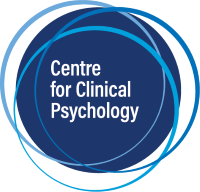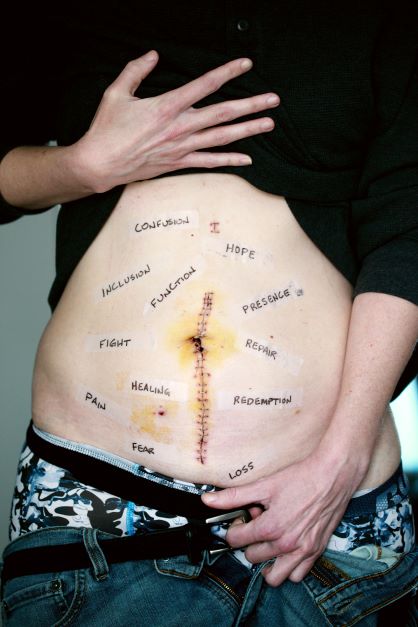Assessment Considerations
Birth trauma is increasingly gaining attention. Women are beginning to speak more honestly and openly about their experiences in childbirth, and in the case of traumatic birth, to share their stories of pain, anxiety and also recovery. However, posttraumatic stress disorder (PTSD) is still too often overlooked as a mental health condition affecting women in the perinatal period. Health professionals are often alert to the possibility of postnatal depression, but psychologists are well advised to conduct a thorough screening for PTSD upon receiving such a referral. This issue is further complicated by the fact that PTSD and depression have high rates of comorbidity, meaning that traumatic birth is a risk factor for postnatal depression. However, PTSD requires a different treatment protocol to depression, and psychologists are obliged to make this distinction and treat appropriately.
Trauma and distress also require differentiation, they are not necessarily the same thing. Distress typically settles over time with support from friends, family and others. PTSD develops when an individual becomes stuck in their suffering, their distress does not resolve instead it calcifies. For a range of reasons, they are unable to process the distressing material and thus move on from the experience.
Prevalence and Diagnosis
It is estimated around 1-3% of women in community samples experience PTSD following childbirth. Amongst high-risk samples, this rate increases to 16 % of women. These were women with a history of trauma, low levels of social support and psychopathology in pregnancy (Grekin & Ohara, 2014)
As a treating clinician it is important to make the distinction between PTSD, sub-threshold PTSD and situational distress. A diagnosis of PTSD is made if the person has experienced a life-threatening event, and the following symptoms are present:
- Hyperarousal – feeling constantly on edge for fear of something bad happening (this may include the baby)
- Intrusive symptoms – flashbacks to the birth, nightmares
- Avoidance – of reminders of the birth, reluctance to think or talk about the birth for fear of distress, avoidance of hospitals or appointments, dissociation
- Changes in cognition and mood – may include low mood, guilt, feelings of hopelessness
Criterion A
PTSD may arise following negative or life-threatening events which occur during birth or its aftermath, including obstetric emergencies, pre-term birth, feeling unsupported during labour, maternal or infant injury.
Pregnancy and birth can also trigger pre-existing PTSD. It is not uncommon for women with a history of childhood sexual abuse and/or sexual assault or to present with an exacerbation of PTSD during pregnancy or because of a traumatic birth. Pregnancy can be destabilising for a woman with a trauma history, the baby inhabits in the intimate spaces of her body which are often the regions associated with the trauma. She may also be subject to vaginal examinations during delivery, feel out of control during the birth, or have difficulty trusting the medical team assisting her. She may experience flashbacks or dissociate during birth, and some women find breastfeeding overwhelming because of the intimate nature of the physical contact with the infant.
In Short…..
It is important that clinicians conduct a thorough assessment to differentiate PTSD from postnatal mood or anxiety disorders. It is also extremely important to identify the index trauma, whether it is as a direct result of the birth or is an exacerbation of previous trauma. Just because PTSD are observed following birth does not necessarily mean that this is the cause (the index event).
It is best practice to treat PTSD using a first line, evidence-based treatment protocol, such as Cognitive Processing Therapy (CPT) for PTSD, EMDR or exposure therapy.
At the Centre for Clinical Psychology, we provide training in Cognitive Processing Therapy. See here for training dates in 2022. You can also watch videos of our clients speaking about their experience of participating in CPT.
Access my presentation on Birth trauma from 15th February, or sign up to our newsletter for event launch information here.



